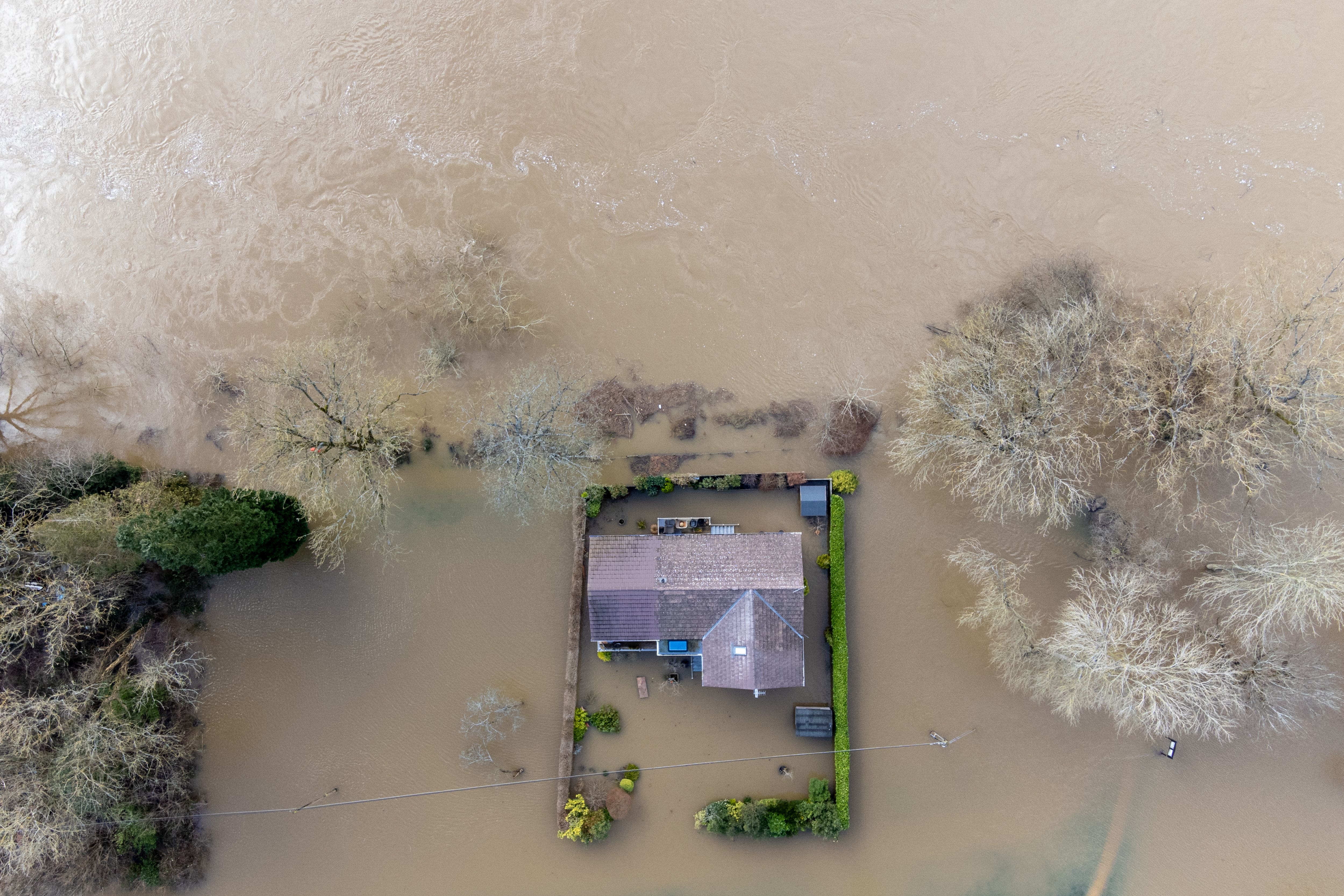Climate change exacerbating UK wealth inequality, study suggests
Poorer households are less able to recover from and adapt to climate effects such as droughts, floods and extreme heat, researchers said.

Your support helps us to tell the story
From reproductive rights to climate change to Big Tech, The Independent is on the ground when the story is developing. Whether it's investigating the financials of Elon Musk's pro-Trump PAC or producing our latest documentary, 'The A Word', which shines a light on the American women fighting for reproductive rights, we know how important it is to parse out the facts from the messaging.
At such a critical moment in US history, we need reporters on the ground. Your donation allows us to keep sending journalists to speak to both sides of the story.
The Independent is trusted by Americans across the entire political spectrum. And unlike many other quality news outlets, we choose not to lock Americans out of our reporting and analysis with paywalls. We believe quality journalism should be available to everyone, paid for by those who can afford it.
Your support makes all the difference.Climate effects are exacerbating long-term wealth inequality with poorer UK households more vulnerable to temperature shocks and air pollution and flooding, a study has found.
Rising temperatures have been found to have statistically significant impacts on all measures of wealth inequality in the long term with this being particularly noticeable between the wealthiest 10% and the poorest 10%.
The researchers, from Anglia Ruskin University (ARU) and institutions from South Africa and Germany, used wealth inequality data from the Office of National Statistics and monthly temperature data from the Met Office.
They compared them between the period 2006-2018 and using the year-on-year temperature rise as a measure of climate risk.
Even within higher-income countries, poorer people can also be more vulnerable to the impact of climate change
They used this to gauge the impact of temperature changes and climate shocks, such as extreme heat, between richer and poorer households and found them to have the strongest effect against poorer households because they have less resources to recover and adapt.
Climate effects are more pronounced for poorer households in high-climate-risk areas, where exposure to heatstroke or climate-related illnesses are more common, or where droughts and floods can affect food security.
Although rich households are not immune to climate change, they are more able to diversify their resources, the researchers said.
The study also found that wealth inequality increases significantly between the 20% and 10% richest households compared to those of median wealth, while inequality is reduced between the average household and the poorest.
Ways suggested to reduce the widening inequality include providing homes with better insulation to help poorer people cut energy costs and redistributing revenue generated from carbon taxes while mitigating the effects of extreme heat, floods and other climate risks.
Lead author Dr Xin Sheng of ARU said: “Even within higher-income countries, poorer people can also be more vulnerable to the impact of climate change.
“The findings highlight the disproportionate increased burden of climate change on households that are already experiencing poverty, particularly households in high-climate risk areas.
“For example, climate change can pose a serious health threat through food insecurity and increased toxic air pollution. Extreme weather can affect crop production, which can push up food and fuel costs.
“As such, measures to mitigate the adverse effects of climate change need to be tailored so as not to overburden the poor.”